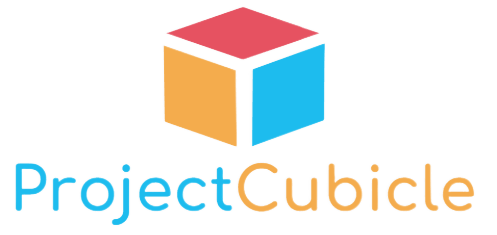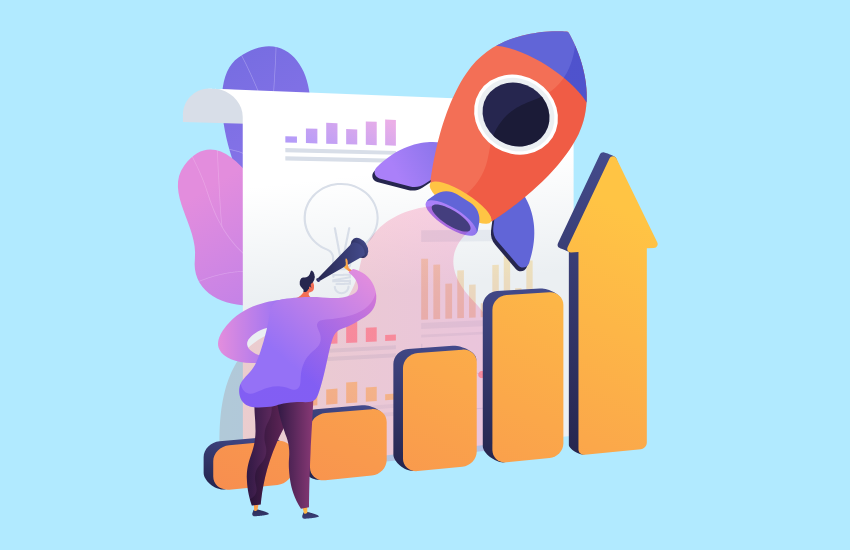The marketing landscape is constantly evolving, and artificial intelligence (AI) is rapidly transforming the way businesses connect with their audiences. AI marketing tools offer a powerful advantage, automating tasks, generating data-driven insights, and creating personalized experiences at scale.
Table of Contents
This article explores 10 of the best AI marketing tools your team should consider using in 2024, categorized by their core functionalities:
1. Content Creation and Optimization
- Jasper (formerly Jarvis):A popular AI writing assistant, Jasper excels at generating various content formats, including blog posts, social media captions, product descriptions, and even creative text formats like scripts or poems. Its strength lies in its ability to adapt to different writing styles and tones, ensuring brand consistency. Jasper leverages advanced natural language processing to understand context and deliver high-quality, engaging content. Whether for marketing, storytelling, or everyday communication, it provides users with a versatile tool that enhances productivity and creativity. Jasper’s intuitive interface and customizable features make it accessible for both professional writers and casual users seeking polished, impactful text.
- Surfer SEO: Focused on optimizing content for search engines, Surfer SEO utilizes AI to analyze top-ranking content for your target keywords. It provides data-driven suggestions for content structure, readability, and on-page SEO, ensuring your content is well-positioned for organic search success. Surfer SEO evaluates various factors, such as keyword density, header usage, and meta descriptions, to offer actionable insights. Its real-time audit feature helps identify gaps and opportunities, making it easier to refine and improve your content. By aligning your content with current SEO trends and best practices, Surfer SEO enhances your website’s visibility and competitiveness in search engine results.
- MarketMuse: Another SEO-focused AI tool, MarketMuse goes beyond keyword research. It analyzes existing content to identify content gaps and opportunities, helping you create comprehensive and competitive content that resonates with your audience. MarketMuse uses AI to assess content quality and relevance, offering strategic insights for content planning and optimization. It provides topic suggestions, outlines, and detailed briefs, ensuring your content covers all necessary aspects. By leveraging MarketMuse, you can enhance your content’s depth and breadth, making it more informative and engaging. This holistic approach improves your chances of ranking higher in search engine results and driving organic traffic.
2. Visual Content Generation
- DALL-E 2: This cutting-edge AI system from OpenAI allows you to generate realistic and creative images based on your text descriptions. DALL-E 2 can be a game-changer for creating unique social media graphics, product mockups, or even concept art for marketing campaigns.
- Lexica Art: Specifically designed for marketing, Lexica Art uses AI to create eye-catching and relevant blog post thumbnails and social media images. By entering keywords or uploading existing images, Lexica Art generates multiple design variations, saving you time and effort.
3. Social Media Marketing and Management
- Hypotenuse AI: This all-in-one marketing platform leverages AI for social media management. Hypotenuse AI analyzes data to suggest optimal posting times, identify high-performing content formats, and even generate content recommendations. Additionally, it provides real-time social media listening, allowing you to track brand mentions and respond to customer inquiries promptly.
- ManyChat: An AI-powered chatbot platform, ManyChat allows you to create chatbots for Facebook Messenger, Instagram, and WhatsApp. These chatbots can answer customer questions, qualify leads, and even automate simple sales processes, providing 24/7 customer support and boosting engagement on social media platforms.
4. Personalization and Email Marketing
- Albert.ai: This AI marketing platform is designed for personalized advertising across various channels. Albert uses AI to analyze customer data and predict their preferences, allowing you to deliver targeted ads and promotions.
- Customer.io: Focused on customer segmentation and lifecycle marketing, Customer.io leverages AI to create personalized email campaigns. It analyzes customer behavior and predicts future actions, enabling you to trigger targeted email sequences at optimal times, maximizing conversion rates.
5. Creative Video Production
- DeepBrain AI: This AI video production platform allows you to create high-quality videos quickly and affordably. DeepBrain uses AI to generate realistic talking avatars that can deliver your message in various styles and voices. This can be particularly useful for explainer videos, social media content, or creating multilingual marketing materials.
Choosing the Right AI Marketing Tools
The vast array of AI marketing tools can be overwhelming. Here are some key factors to consider when selecting the right tools for your team:
- Your Marketing Needs: Identify your specific marketing goals and challenges. Are you looking to generate content, personalize customer experiences, or optimize social media campaigns?
- Team Expertise: Consider your team’s technical skills and comfort level. Some AI tools require minimal training, while others may have a steeper learning curve.
- Budget: AI marketing tools come with varying pricing models. Factor in your budget constraints and choose tools that offer a good return on investment.
- Integrations: Ensure the AI marketing tools you choose integrate seamlessly with your existing marketing technology stack.
The Future of AI Marketing
AI is rapidly transforming marketing, and its potential continues to grow. As AI technology becomes more sophisticated, we can expect even more powerful tools that will further automate tasks, personalize customer experiences, and generate data-driven insights to propel marketing strategies forward. Predictive analytics, advanced customer segmentation, and dynamic content creation are just a few examples of how AI can revolutionize marketing. By embracing AI marketing tools, your team can gain a competitive edge, improve efficiency, and achieve better marketing results in 2024 and beyond. These tools enable more precise targeting, enhance customer engagement, and optimize ad spend, ultimately leading to higher ROI. Additionally, AI can provide real-time feedback and adaptive strategies, allowing marketers to respond swiftly to market changes. As AI continues to evolve, its integration into marketing practices will be essential for businesses aiming to stay ahead in an increasingly competitive landscape.
Additional Considerations
While AI marketing tools offer a wealth of benefits, it’s important to remember that AI is not a replacement for human creativity and strategic thinking. The best approach is to leverage AI to automate tasks and augment human capabilities. Here are some additional considerations to keep in mind:
- Social media advertising leverages platforms like Facebook, Instagram, Twitter, and LinkedIn to promote products or services to a targeted audience. By utilizing user data, advertisers can create highly personalized and engaging ads, ensuring they reach the right demographics. This approach allows businesses to interact directly with potential customers, track engagement, and measure the effectiveness of their campaigns in real-time. With features like boosted posts, sponsored content, and display ads, social media advertising offers versatile and cost-effective strategies for increasing brand visibility, driving website traffic, and boosting sales. Its dynamic nature makes it a vital tool in modern digital marketing.
- Data Quality: The effectiveness of AI marketing tools heavily relies on the quality of data you provide. Ensure your data is accurate, clean, and up-to-date to get the most out of these tools.
- Transparency and Ethics: As AI plays a larger role in marketing, transparency and ethical considerations become crucial. Be mindful of how you are using AI to target and personalize your marketing efforts, and avoid practices that might be perceived as deceptive or intrusive.
- Human Oversight: AI tools should not operate in a vacuum. Maintain human oversight to ensure AI-generated content aligns with your brand voice and messaging, and to avoid any potential biases that might creep into the AI’s outputs.
Conclusion
AI marketing tools are no longer a futuristic concept; they are here to stay and revolutionize the marketing landscape. By incorporating these tools into your marketing strategy, you can unlock a new level of efficiency, personalization, and data-driven insights. Remember, AI is a powerful tool, but it’s most effective when used strategically and in conjunction with human expertise.

Adhar Dhaval is experienced portfolio, program and project leader with demonstrated leadership in all phases of sales and service delivery of diverse technology solutions. He is a speaker sharing advice and industry perspective on emerging best practices in project leadership, program management, leadership and strategy. He is working for the Chair Leadership Co.















